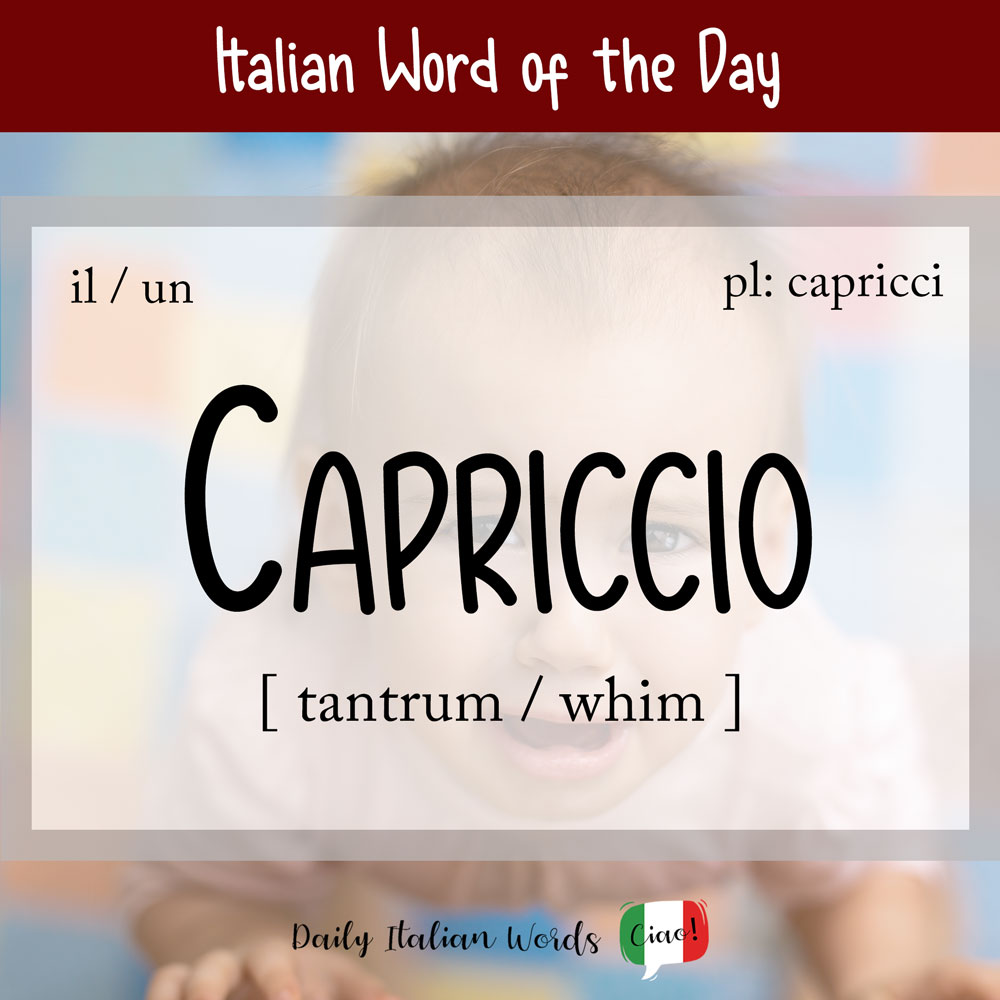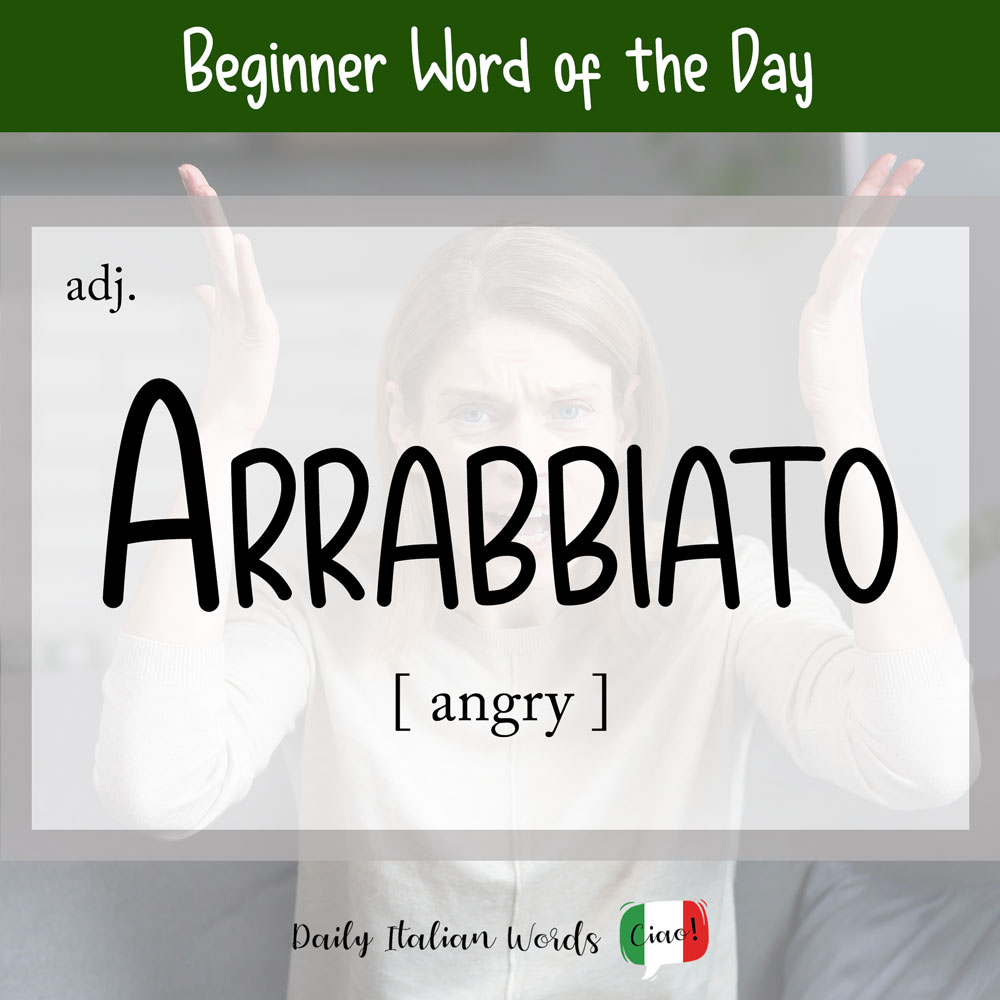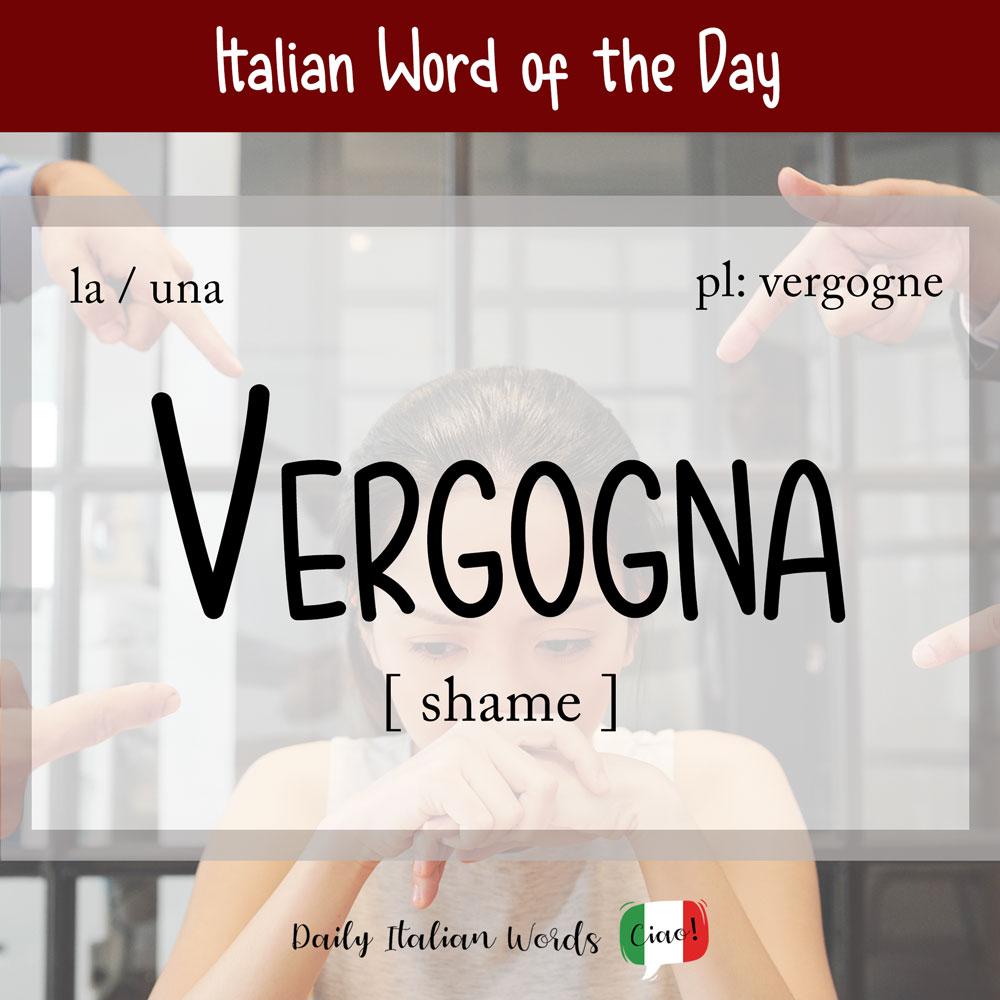Italian Word of the Day: Entusiasta (enthusiastic)
An interesting adjective in Italian is entusiasta which, given its resemblance to the English, you might have guessed means enthusiastic. Unlike many other Italian adjectives, which have a masculine form ending in -o and a feminine form ending in -a, the final letter of entusiasta does not change according to the gender. So, for example, …






